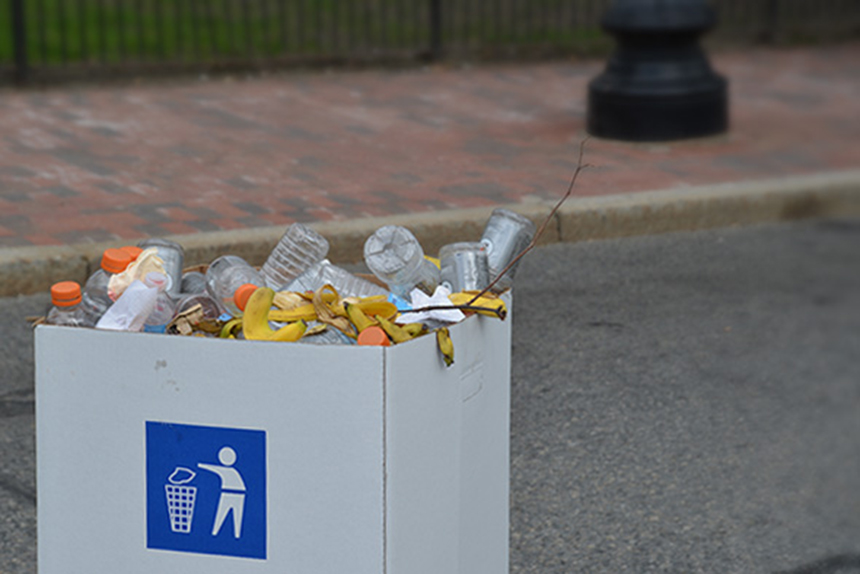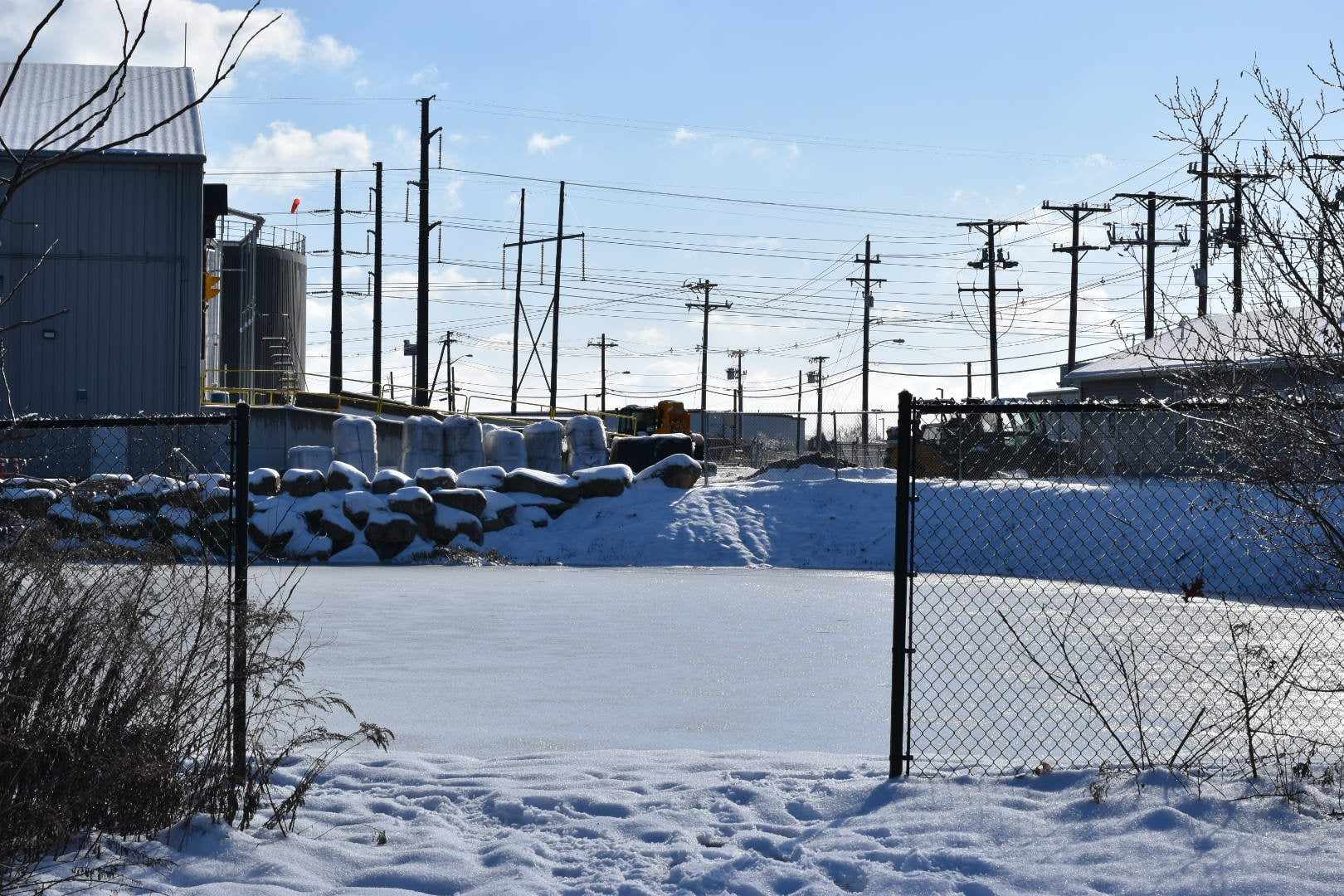Rhode Island Works to Put Food Scrap to Better Use
One of the state’s leading composting advocates handing over reins to popular annual conference to Rhode Island College
March 22, 2019
PROVIDENCE — It’s been 10 years of compost conferences and much has changed — and remains to be done — with food-scrap reuse in Rhode Island.
Environmental sage Greg Gerritt founded the Compost Conference & Trade Show a decade ago and the March 14 event at Rhode Island College was his last as organizer.
Gerritt got religion on the rich soil amendment when he began composting sheep manure 35 years ago in Maine. The agrarian tradition of composting, he realized, should be applied to the tons of organic material going to landfills and incinerators.
Rhode Island has only recently begun efforts to divert the 250,000 pounds of daily residential and commercial food scrap that gets buried at the Central Landfill in Johnston. But during the past 10 years, the state has gone from one commercial composting facility, Earth Care Farm in Charlestown, to several commercial and public ventures.
“There’s a much wider understanding in the community about the need to compost,” Gerritt said. “It’s starting everywhere.”
Terry Gray, deputy director of the Rhode Island Department of Environmental Management, called Gerritt one of the state’s “champions in leadership” who made composting an issue that needs attention.
“It started with Greg,” Gray said. “He was a force of nature to make this conference happen.”
Gerritt won’t be abandoning his advocacy of the virtues of composting; he’s simply handing over the management of the event to Rhode Island College (RIC) and its director of sustainability, Jim Murphy.
Gray hoped that other state institutions would adopt the sustainability and composting initiatives employed by RIC. Gray noted the 2016 state law that requires food manufactures, grocery stores, and restaurants to divert food from the waste stream if they generates more than 105 tons of organic byproducts annually.
During the next two years, Gray said the state will focus on diverting food scrap and other materials from the state’s space-constrained landfill.
Michael Bradlee, manager of community composting at Frey Florist & Greenhouse, described his many endeavors to expand urban composting. In 2018, the neighborhood facility off Smith Street processed more than 100,000 pounds of food scrap.
“What I’ve seen transform is a community that now believes in composting and doesn’t see this as a peripheral activity,” Bradlee said. “And it’s pretty central to a lot of people’s understanding of how they should be interacting with the world.”
Jayne Merner Senecal, co-owner of Earth Care Farm with her father, Mike Merner, the godfather of composting in Rhode Island, described how composting went from a common practice among farmers to a budding trade. Composting, she said, is moving beyond the early adopters to a broader audience. Merner Senecal sees promise with students and young people who value environmental issues. She urged a shift in how compost is discussed.
“If we continue to consider this waste, that is what we are going to end up with at the end,” she said.
Composting toilets and the management of municipal sewage was a major topic at this year’s conference. Conor Lally of Nutrient Networks in West Wareham, Mass., explained the environmental harm of today’s water-based septic and sewage systems, and how homeowners and even businesses are embracing earth-based alternatives, such as composting toilets.
Looking ahead, the Rhode Island Small Business Development Center is offering workshops on starting compost businesses.
Categories
Join the Discussion
View CommentsYour support keeps our reporters on the environmental beat.
Reader support is at the core of our nonprofit news model. Together, we can keep the environment in the headlines.
We use cookies to improve your experience and deliver personalized content. View Cookie Settings



